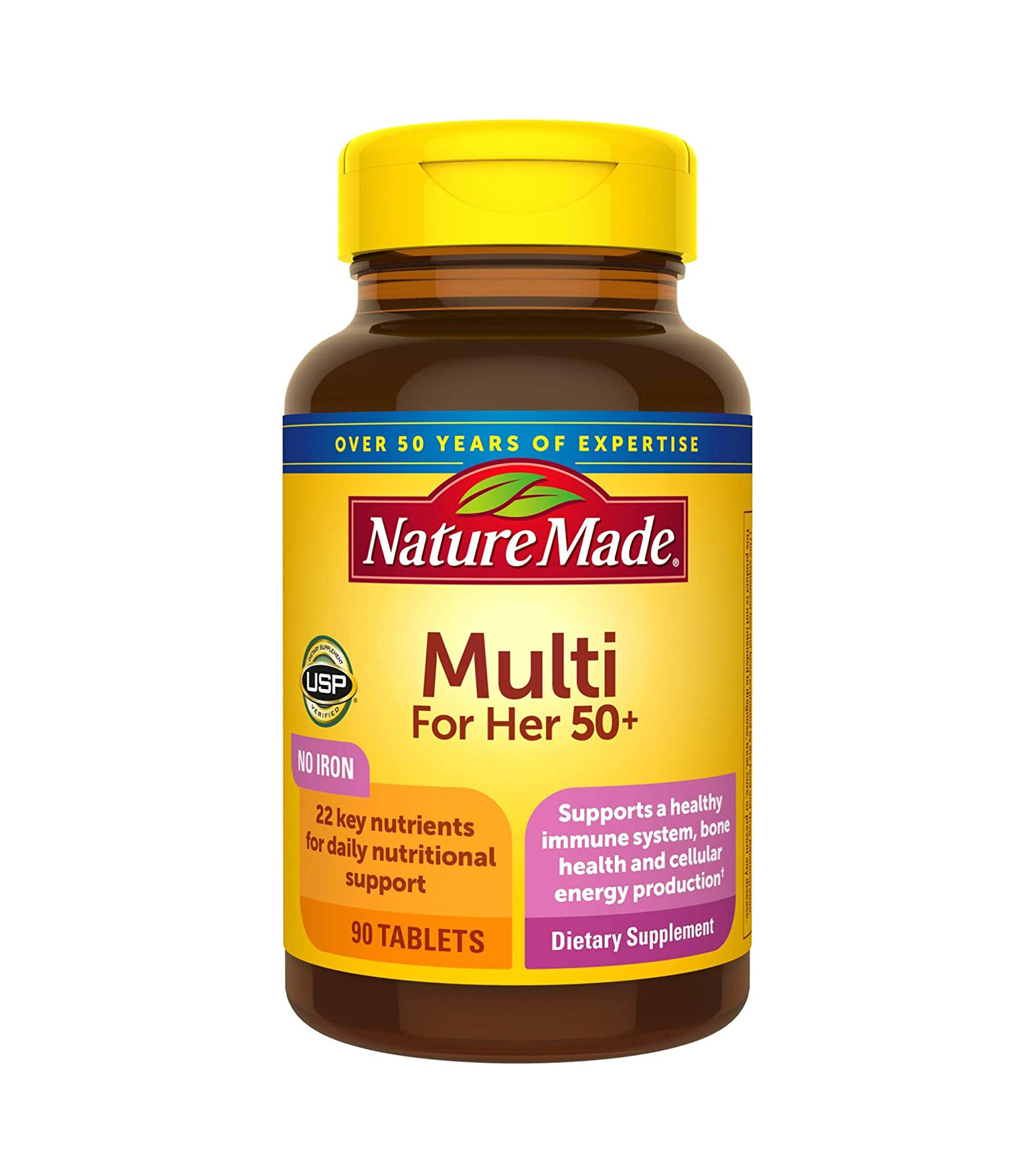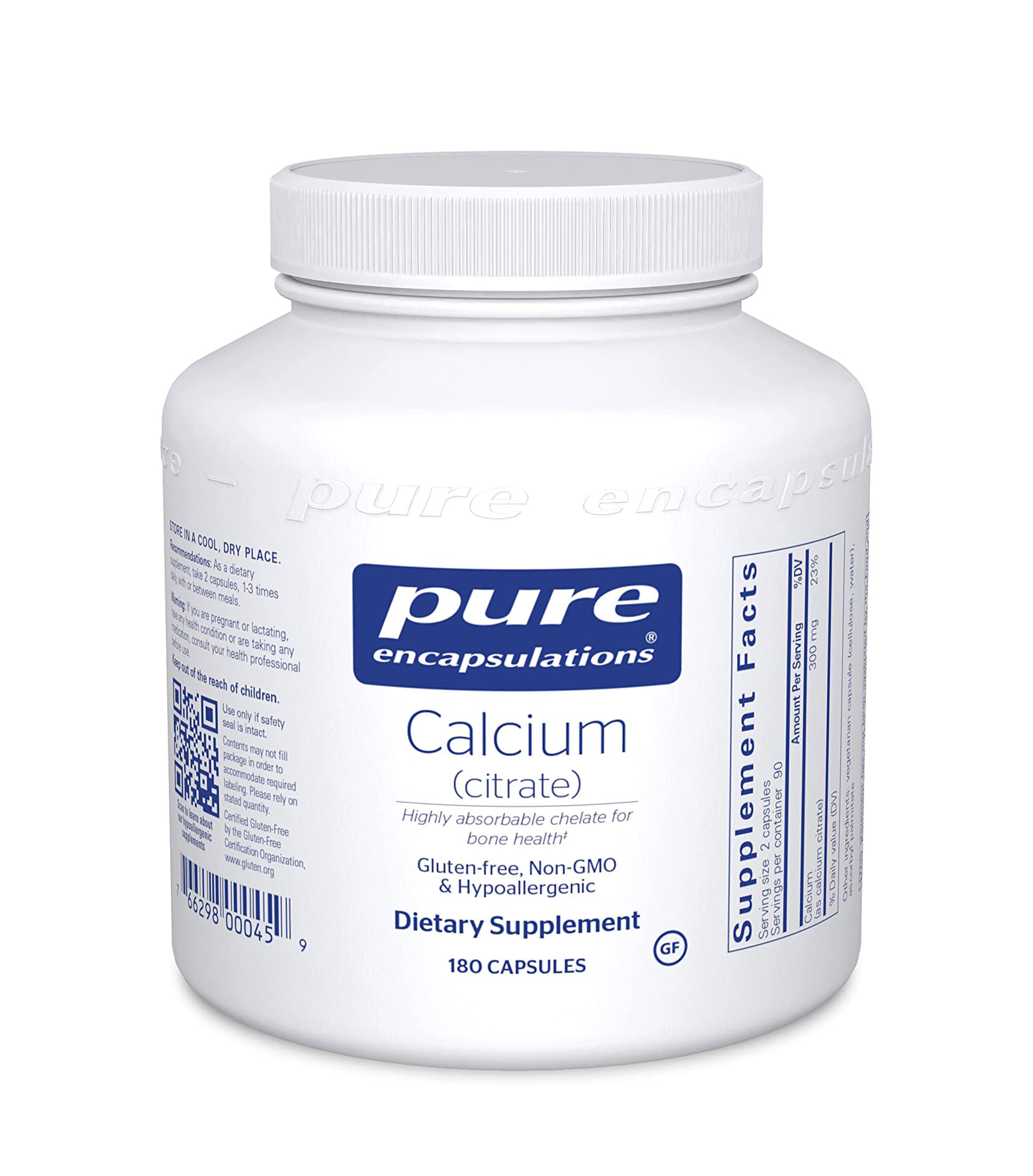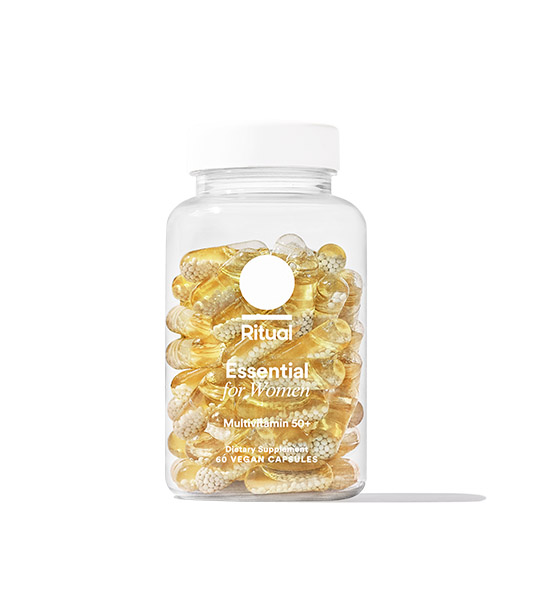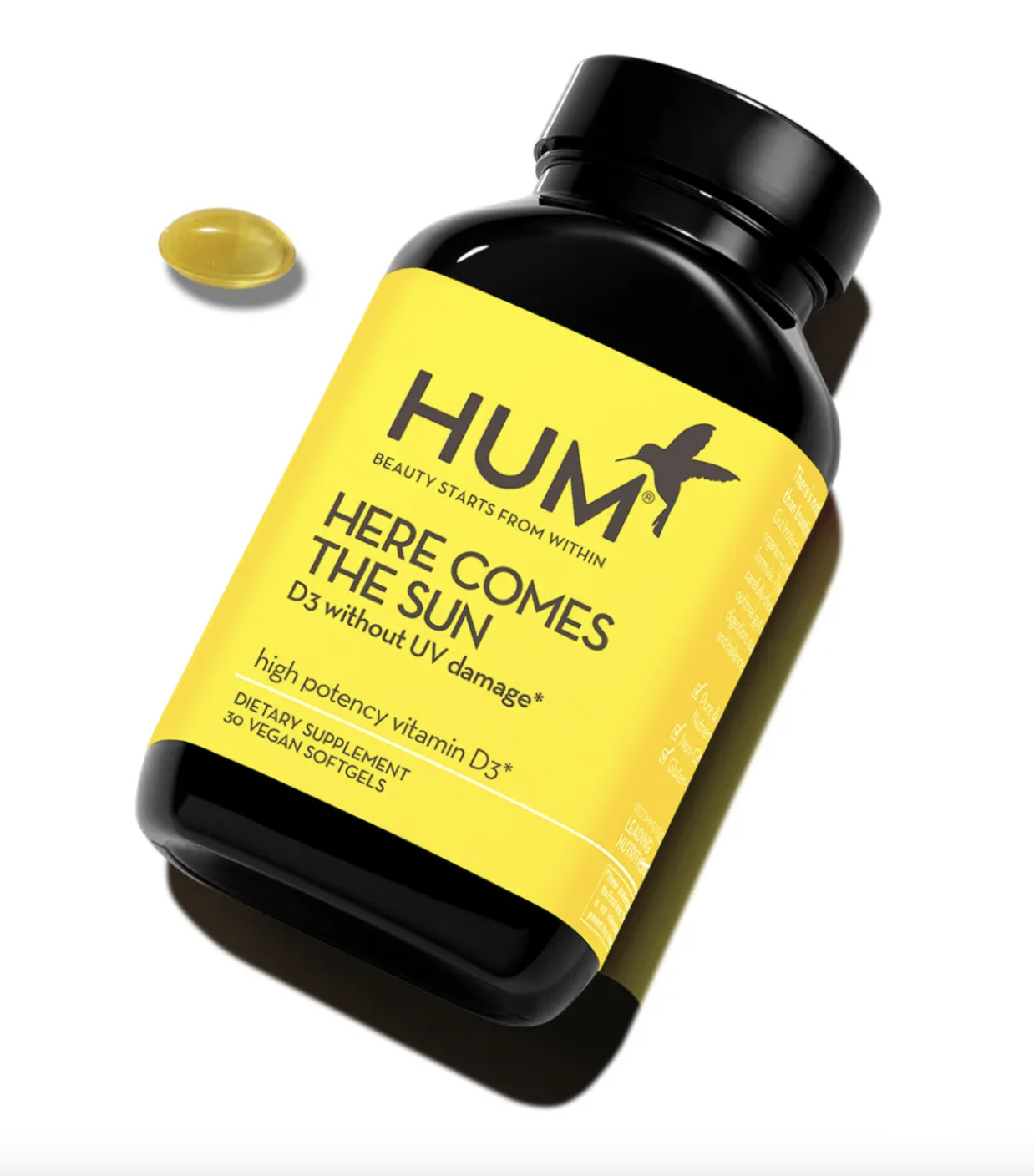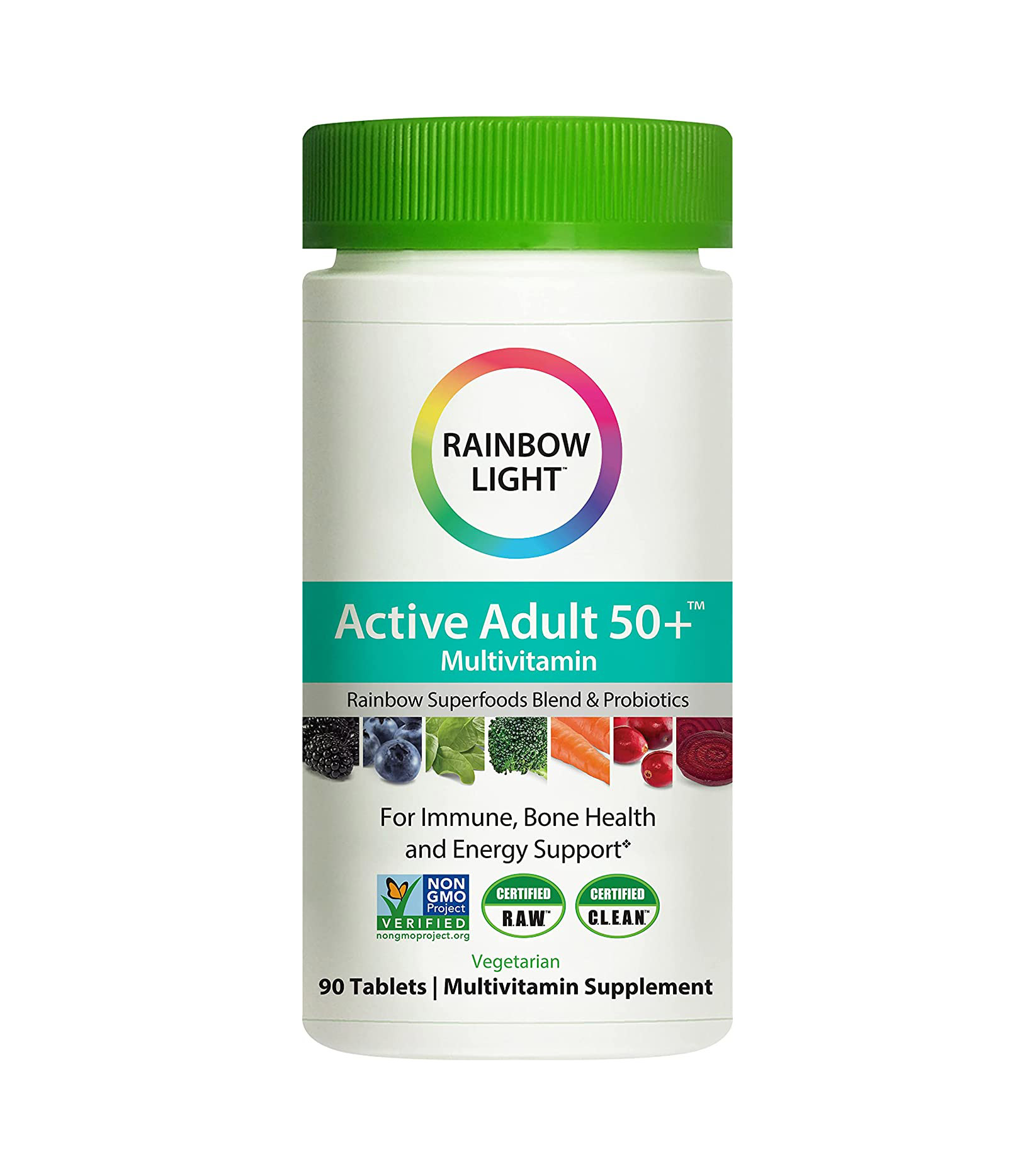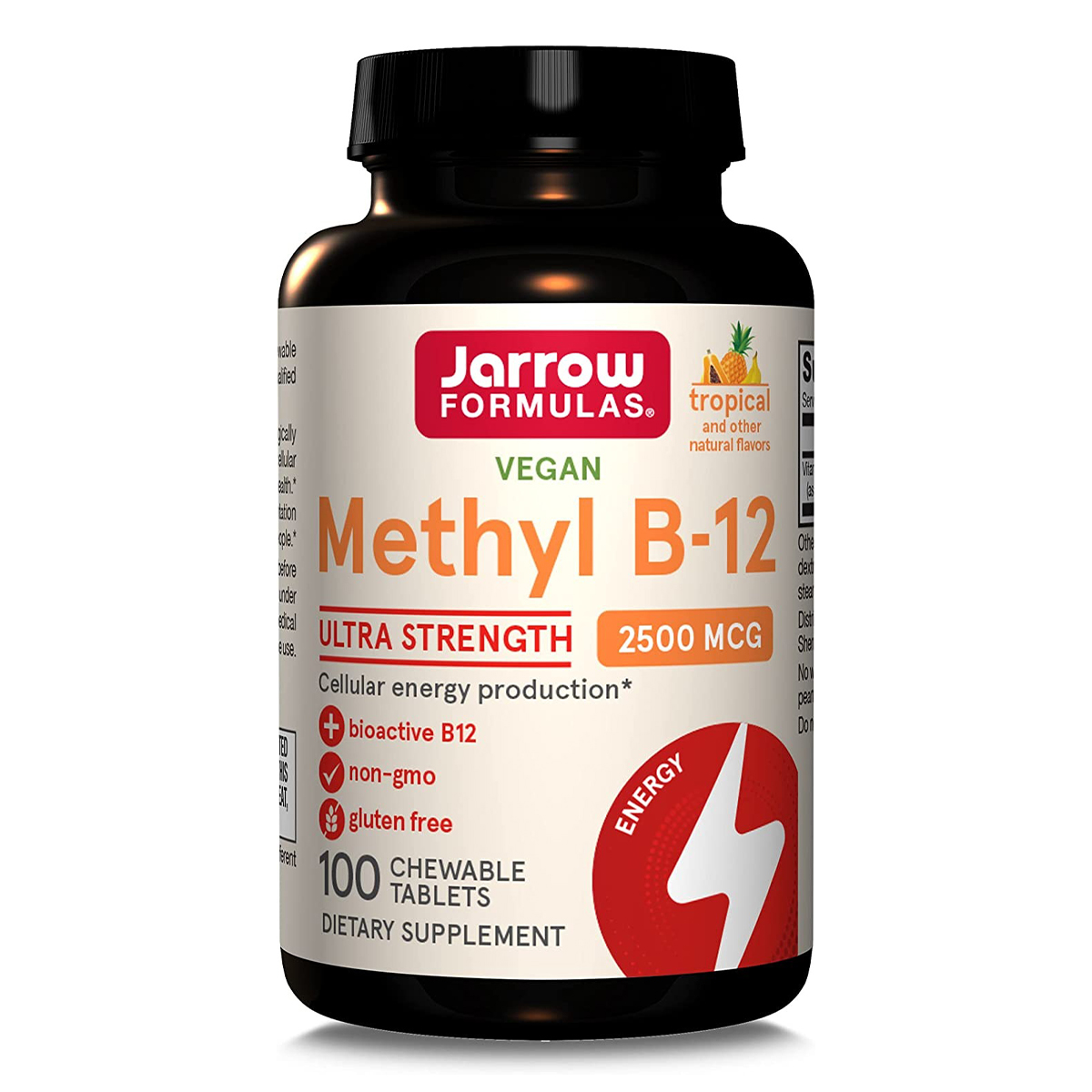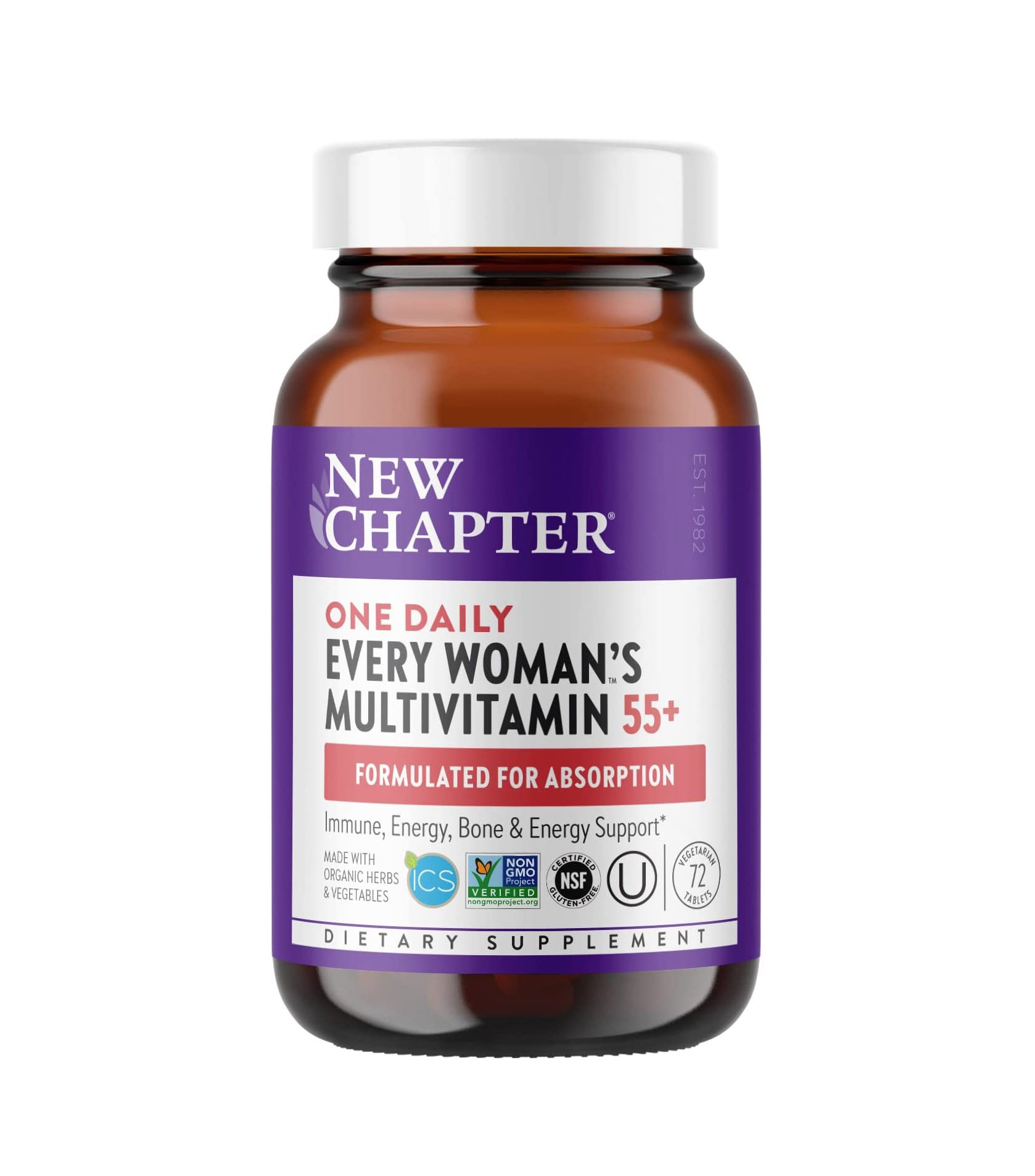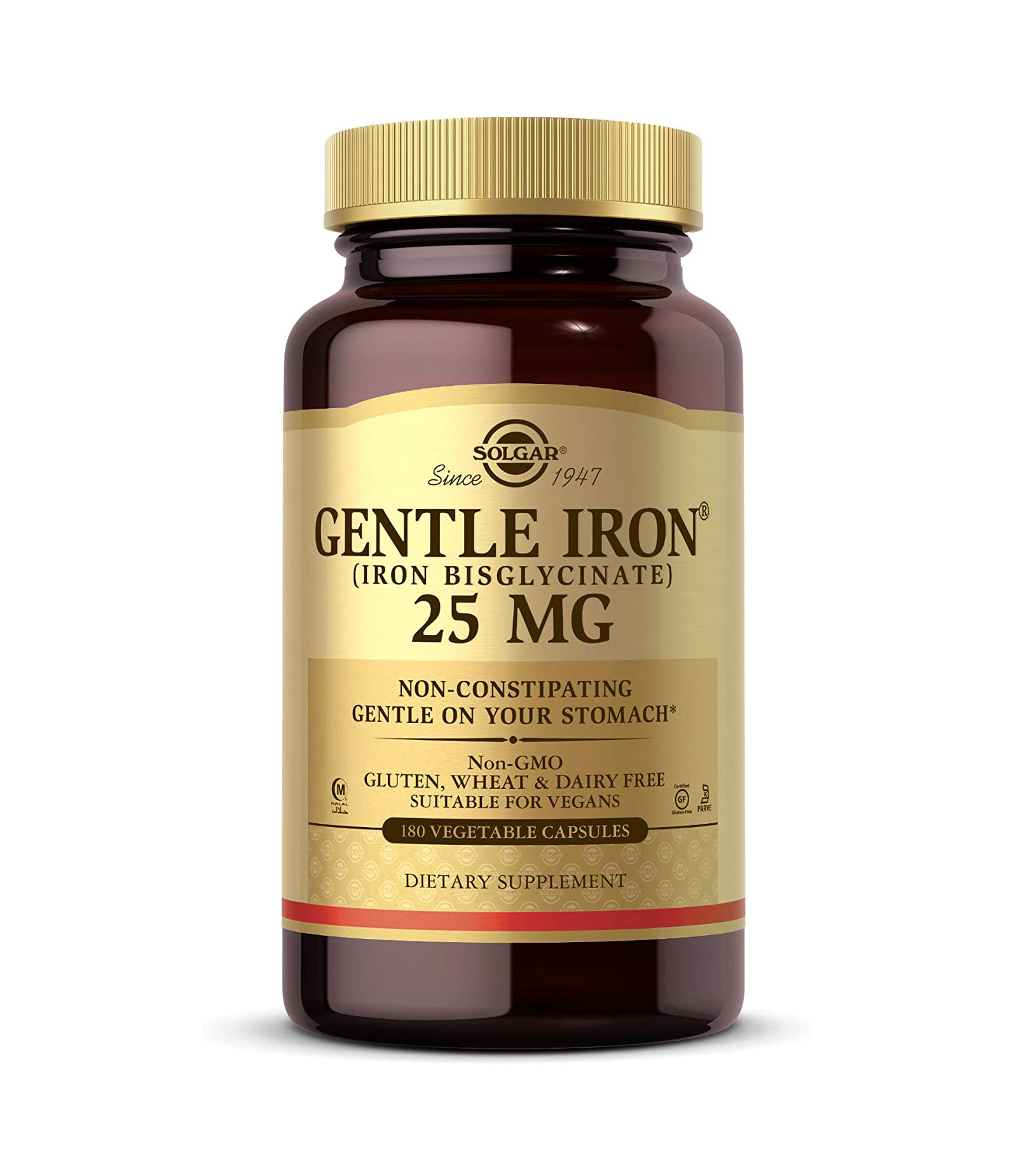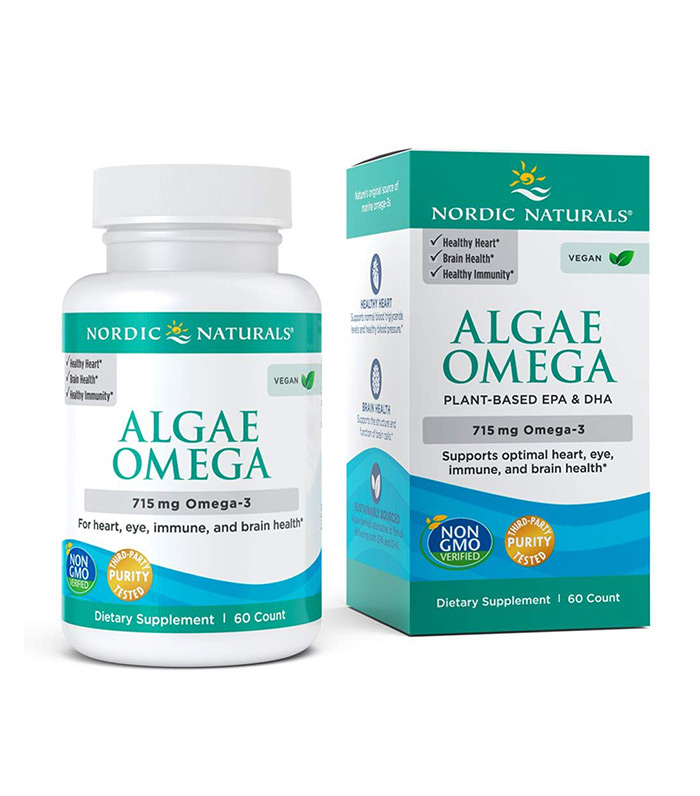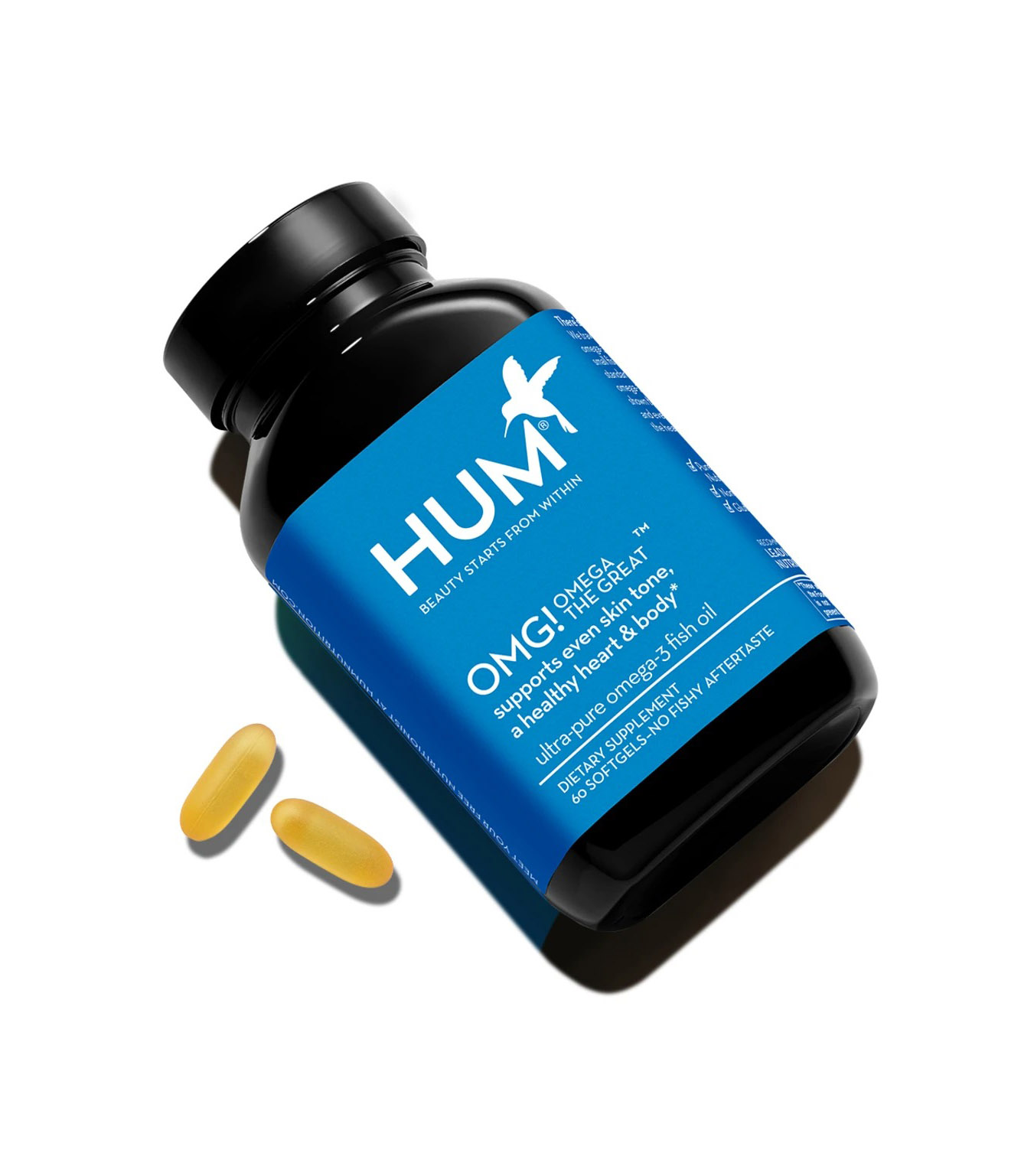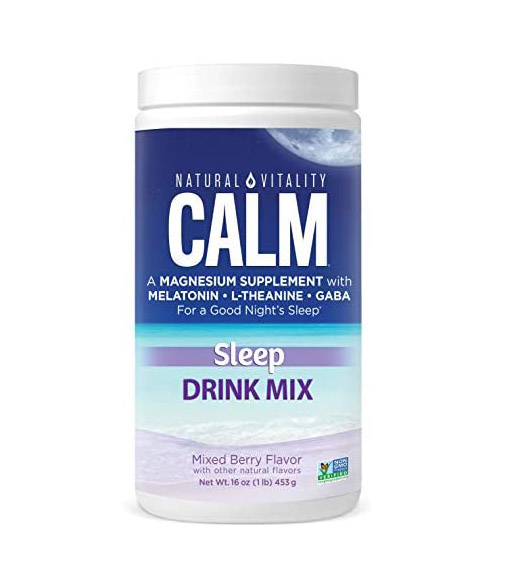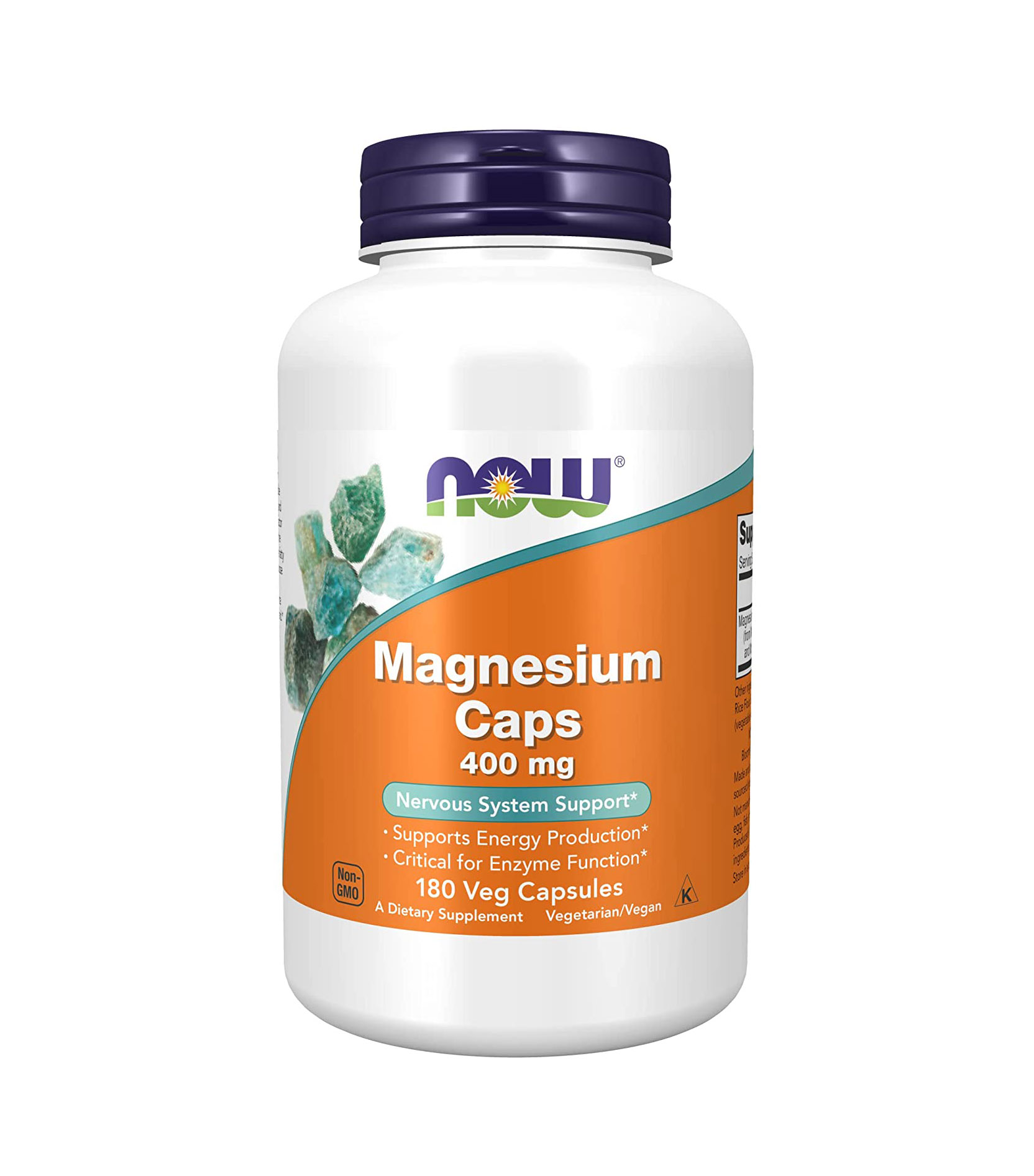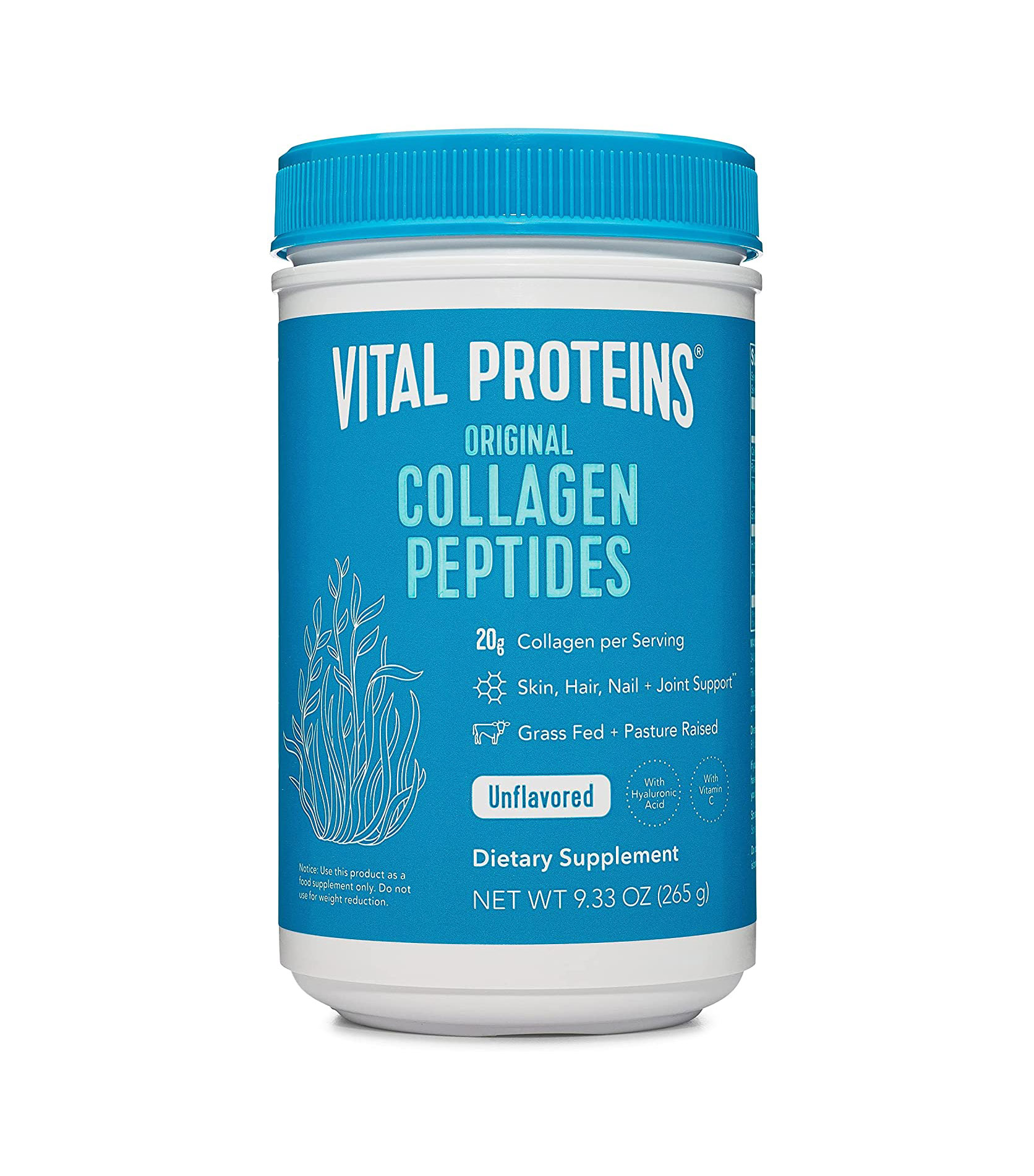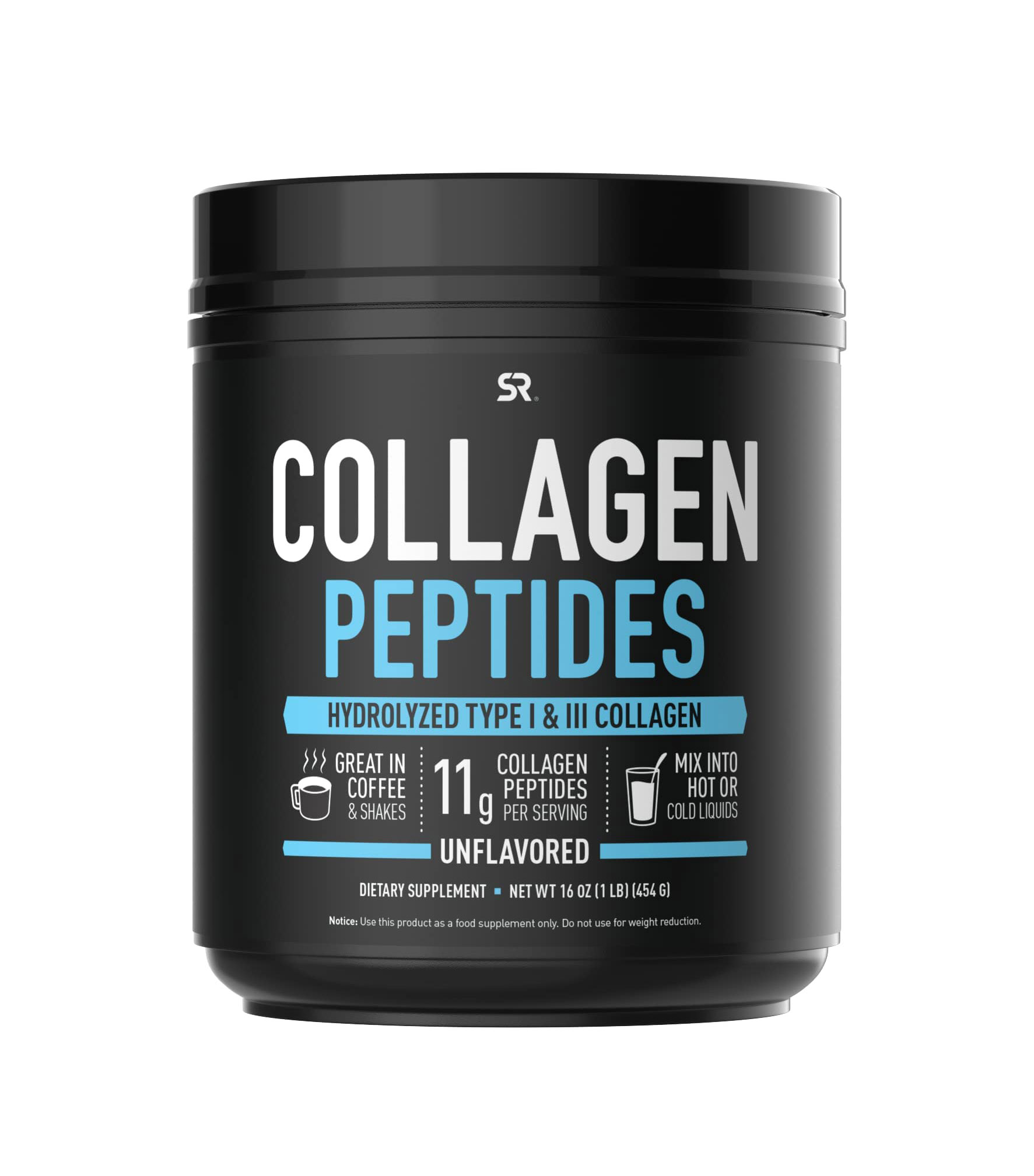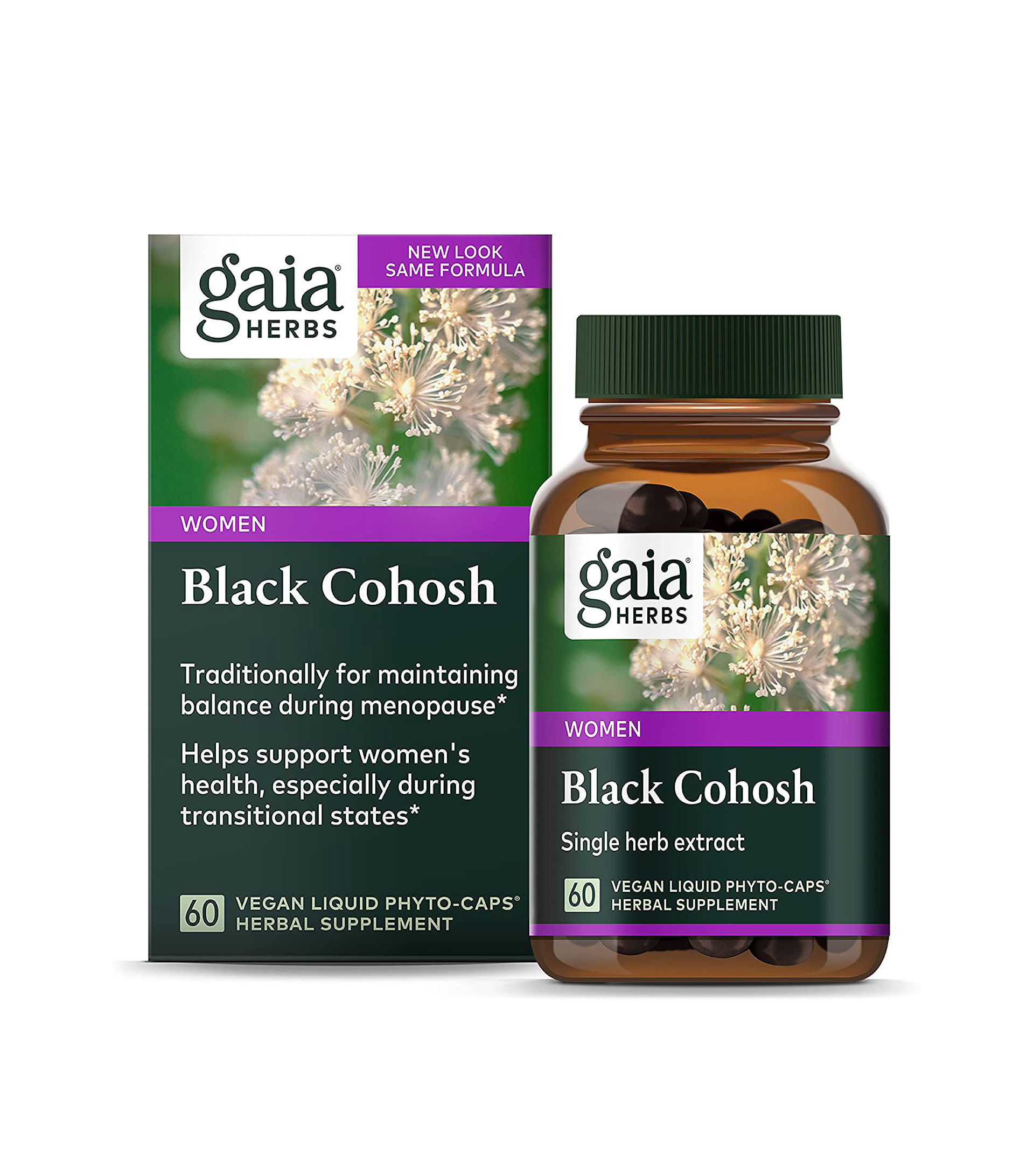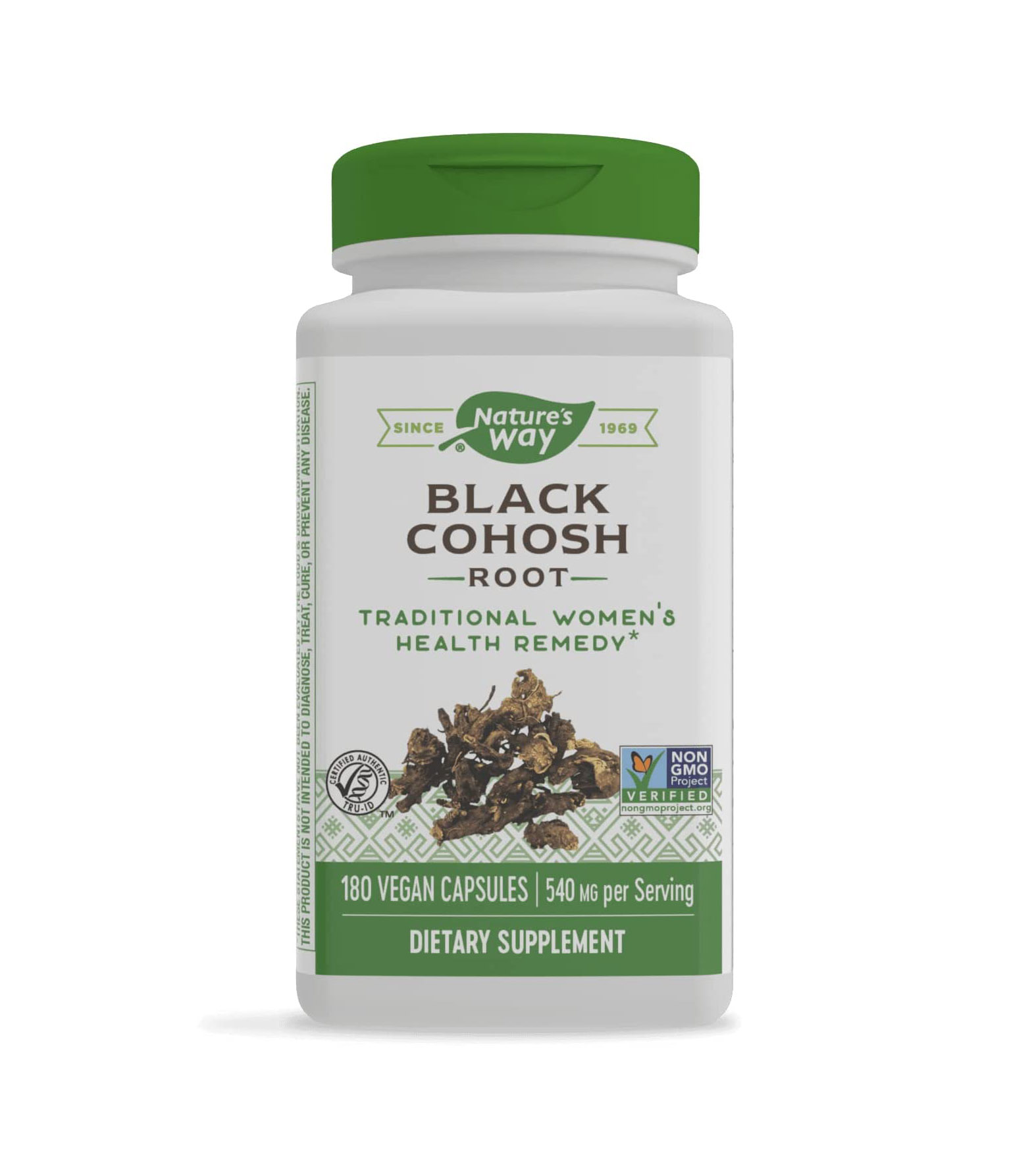What Women Over 50 Should Look for in Multivitamins—and What to Limit
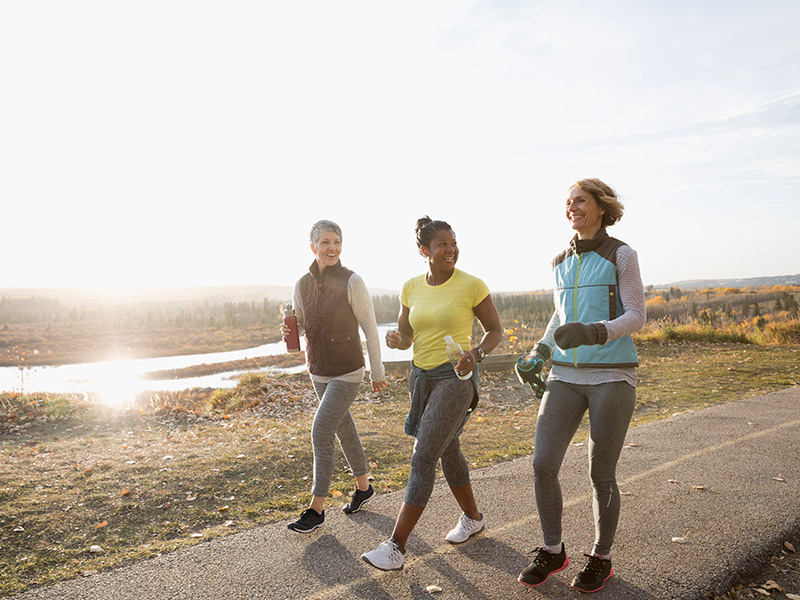
When you're young, it's easy to live life on the edge and feel invincible. (Who needs sleep when you can be out all night, right?) But as you get older, your body changes and gradually you realize you're not so invincible after all. (Sleep? Yes, please.)
You might notice that in your 40s and 50s, your body can't exactly do what it did in your 20s and 30s. For women entering their 50s, they might notice some significant health changes, especially since this is the age range in which women typically start to experience menopause. (The average age for menopause is 51 years old in the United States, but it can happen in your 40s or 50s, according to Mayo Clinic.)

As women get older, there are certain vitamins and minerals they'll need to increase (or decrease) to maintain good health. Most healthy adults "should be able to get the vitamins and minerals they need from food. If you eat a balanced diet, especially if it's rich in fruits, vegetables, whole grains, and plant-based protein, you're going to get what you need," says Ginger Hultin, MS, RDN, CSO, owner of Champagne Nutrition and spokesperson for the Academy of Nutrition and Dietetics. "However, needs change over time." Sometimes those needs will require multivitamin supplements.
"When looking for a multivitamin, you want to pick a product that has everything you need and nothing you don't. Many supplements out there are loaded with herbs and compounds that are not scientifically proven to provide benefit, and it's hard to verify their purity," emphasizes Whitney English, MS, RDN. "You also want to make sure your multi doesn't have more than 100% of most micronutrients. Certain minerals and fat-soluble vitamins can be toxic at high levels, so it's best to stick to the recommended daily allowance."
English advises checking that a multivitamin is certified from U.S. Pharmacopeia (USP). "This nonprofit organization verifies that supplements actually contain what they claim to contain and that the ingredients are pure," she adds.

Jennifer Tasca, MS, RD, of SB Nutrition Geek, also shares that health products with certifications from independent organizations like NSF International or ConsumerLab.com mean they've gone through extensive product testing and meet standard requirements.
Keep in mind that multivitamins are not regulated by the Food and Drug Administration (FDA), so before taking any supplements, Charmaine Jones, MS, RDN, LDN, of Food Jonezi highly suggests you speak with your doctor to discuss how and if you need to include multivitamins into your medical care.
Continue scrolling to see what you might want to have (or not have) in your multivitamins in your 50s, as well as additional supplements that could benefit you at that stage in life.
1. Calcium
For women 50 and over, there might be an increased need for calcium, which helps maintain strong bones. "The RDA [recommended dietary allowance] goes up to 1200 milligrams of calcium versus 1000 milligrams based on bone-health needs," says Hultin.
Jessica Bippen, MS, RD, of Nourished by Nutrition agrees that calcium is important for women to "ensure that they have strong bones so they're not being prone to osteopenia, which can lead to osteoporosis."
But it can be difficult to find large amounts of calcium in a multivitamin, "as it would make the pill too large to swallow due to the size of a normal dose of calcium," notes English. "Additionally, calcium can decrease the absorption of other minerals in a multi." Check in with your doctor or registered dietitian to see how you can best meet your calcium needs.
Calcium Supplement Option:
2. Vitamin D
"Vitamin D helps our bodies absorb calcium, which promotes bone health," says Bippen. Adds Jones, "Vitamin D and calcium are preventive sources to help lessen bone density loss and bone fractures."
Tasca, whose clients are mostly in their 50s or approaching 50, prefers to recommend a vitamin D supplement that includes vitamin K2. "The vitamin K2 added to vitamin D helps with the calcification of our bones and not our soft organs," Tasca explains.
Michelle Davenport, Ph.D., RD, finds that it's more important to have vitamin K and vitamin D3, instead of calcium, in a multivitamin.
"A lot of recent research shows that having supplements with too much calcium in it actually poses more of a heart risk, especially for women," says Davenport. "Vitamin K and vitamin D3 are two things that will help mobilize calcium instead of actually putting calcium into the body." Davenport notes that you should be able to get enough calcium from foods like broccoli, kale, and other cruciferous vegetables, as well as dairy and cheese.
Vitamin D Supplement Option:
3. Vitamin B12
According to the Office of Dietary Supplements (ODS), vitamin B12 is a "nutrient that helps keep the body's nerve and blood cells healthy and helps make DNA."
Bippen points out that "you need what is called intrinsic factor in order to be able to absorb B12, and as you age, you start to produce less of that, so B12 gets a little bit harder to absorb." Since it can be difficult to take in vitamin B12 from food as you get older, Hultin finds "synthetic B12 from vitamin is much better absorbed than food for older adults, so that's one incentive for taking a multivitamin."
Vitamin B12 Supplement Option:
4. Iron
The Office of Dietary Supplements describes iron as "a mineral that the body needs for growth and development." The RDA for iron in adult women ages 19 to 50 is 18 milligrams, but it decreases to 8 milligrams for adults ages 51 and older, according to ODS.
As a result, English says, "They should also make sure their multi isn't high in iron, as women's iron needs decrease after menopause, and excess iron can cause oxidative stress and digestive discomfort."
If you're looking for a well-rounded, all-encompassing multivitamin containing no iron, Bippen suggests New Chapter Every Woman's One Daily Multi 55+.
Iron Supplement Option:
Additional Supplements
5. Omega-3
Tasca tends to recommend omega-3 fatty acids to patients, saying, "I find that a fish oil really helps with the dry skin and dry eyes. It actually helps with the memory as well."
Omega-3 fatty acids can be found in foods like fish and flaxseed. However, for older women who don't consume two to three servings of fatty fish, English recommends an algae oil EPA/DHA supplement. "These long-chain omega-3 fatty acids may be beneficial for heart and brain health," says English.
Another Omega-3 Option:
6. Magnesium
One thing Tasca notices is older female clients tend to experience poor sleep. "It ends up affecting your metabolism. It's just kind of this vicious cycle," says Tasca, who suggests they take a magnesium supplement to help catch some z's.
"Magnesium helps relax our muscles, so it really seems to help in that situation," she adds. "It also helps with constipation, which can sometimes be an issue with this group." Magnesium can also have other health benefits, including reducing migraines and helping with anxiety.
Another Magnesium Supplement Option:
7. Collagen
Collagen, a protein that occurs naturally in the body and basically holds us together, has long been a favorite among the wellness community. Experts have also weighed in on its possible skin and health benefits.
A fan of collagen, Bippen says, "I don't think it's ever too early or late to take collagen. I think that's something that can be easily incorporated into your daily routine, whether it's just for an extra boost of protein or if you really want to focus on joint health or skin elasticity, smoothness, and hydration."
Another Collagen Supplement Option:
8. Black Cohosh
Black cohosh is a perennial herb that has been used to alleviate menopausal symptoms, such as hot flashes and night sweats, according to OSD. Bippen agrees that it can be helpful for healthy aging and hormone balance. However, there have been some reported side effects, like upset stomach and rashes. Like with any supplement, it's best to consult your doctor or registered dietitian to see if it fits your needs.
Another Black Cohosh Supplement Option:
Next: The 5 Workouts Every Woman Over 50 Should Do, According to a Kinesiologist
This article was originally published at an earlier date and has been updated.
This article is provided for informational purposes only and is not intended to be used in the place of advice of your physician or other medical professionals. You should always consult with your doctor or healthcare provider first with any health-related questions.
